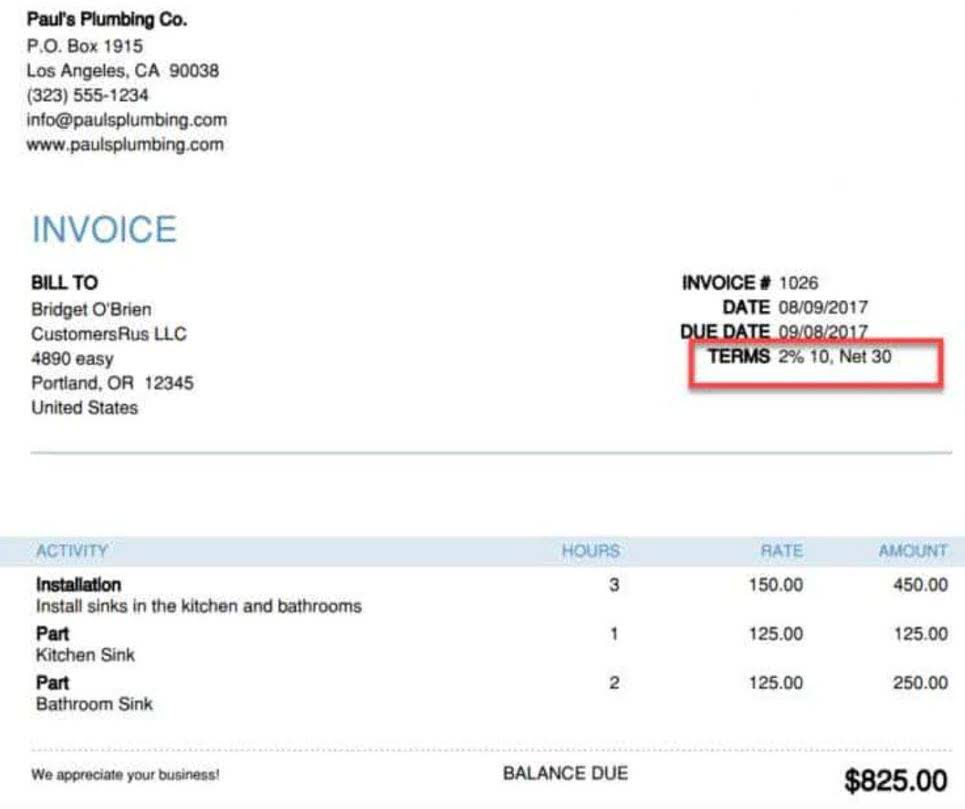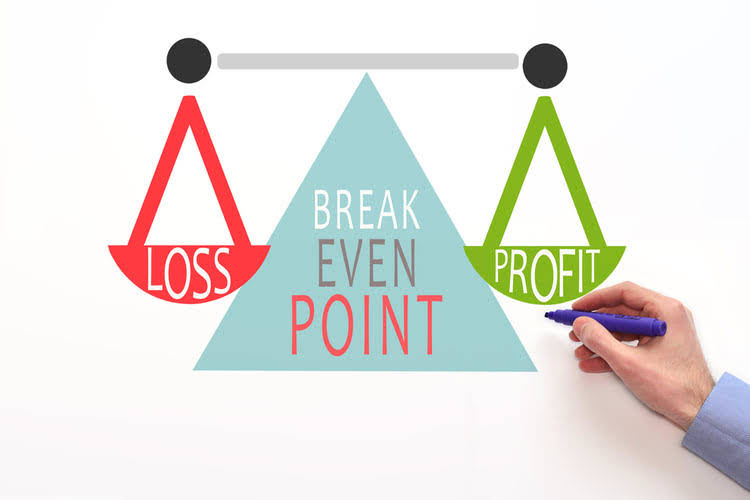
Go to IRS.gov/Payments for information on how to make a payment using any of the following options. Go to IRS.gov/Forms to view, download, or print all of the forms and publications you may need. The IRS is committed to serving our multilingual customers by offering OPI services. The OPI service is a federally funded program and is available at Taxpayer Assistance Centers (TACs), other IRS offices, and every VITA/TCE return site.
- The markups you include must be reduced by markdowns made to cancel or correct the markups.
- See Accounting Periods, earlier, for a description of permissible tax years.
- The section 481(a) adjustment is not prorated for the shorter
period. - In the case of a company converting to or from S corporation status,
the adjustment period generally is not accelerated; however, special
rules regarding the discontinuance of Lifo can result in acceleration. - Delivering tax services, insights and guidance on US tax policy, tax reform, legislation, registration and tax law.
- You cannot value the entire inventory at cost ($950) and at market ($800) and then use the lower of the two figures.
However, you may not be able to deduct an expense paid in advance. Instead, you may be required to capitalize certain costs, as explained later under Uniform Capitalization Rules. If you use different accounting methods to create or shift profits or losses between businesses (for example, through inventory adjustments, sales, purchases, or expenses) so that income is not clearly reflected, the businesses will not be considered separate and distinct. The decedent’s tax return must be filed for the decedent by the 15th day of the 4th month after the close of the individual’s regular tax year. If the due date falls on a Saturday, Sunday, or legal holiday, file by the next business day. The decedent’s final return will be a short period tax return that begins on January 1st, and ends on the date of death.
Which Accounting Method is Right for Your Business?
However, if one of the tax years that qualifies is the partnership’s existing tax year, the partnership must retain that tax year. A partnership must conform its tax year to its partners’ tax years unless any of the following apply. Assume a tax provision applies to tax years beginning on or after July 1, which (for purposes of this example) happens to be a Sunday.
This article discusses the history of the deduction of business meal expenses and the new rules under the TCJA and the regulations and provides a framework for documenting and substantiating the deduction. Taxpayers may no longer
file form 3115 during the first 90 days after the beginning of an
examination, making voluntary compliance even more important under the
new procedure. An exam begins how to choose an accounting method for business on the date an IRS representative
contacts the taxpayer in any manner to schedule any type of
examination. A taxpayer may deduct compensation in the current tax year if the liability is fixed and determinable at year-end and the taxpayer pays the compensation within 2½ months after year-end. Careful consideration should also be given to adoption of the provisions of IRC Section 451.
Modified Cash Basis Accounting
Typically, accrual is chosen as an accounting method based on when you receive your income and when you pay your bills. With accrual, you can defer when you receive payments and record your expenses when they are due. If you use the cash method for income, then expenses must be reported using the cash method. If you use the accrual method to report income, then expenses must be recorded using the accrual method.
- However, in certain situations an immaterial item for financial accounting purposes is treated as material for purposes of economic performance.
- This system will report expenses and revenues in the same period whereby eliminating overstatement of profits.
- If you must account for an inventory in your business, you must use an accrual method of accounting for your purchases and sales.
- Establishes that a taxpayer that was an insurance company for the year of change does not accelerate an IRC Section 481(a) adjustment because it changes from a life insurance company to a nonlife insurance company or vice versa.
- A partnership or an S corporation that makes a section 444 election must make certain required payments and a PSC must make certain distributions (discussed later).
- Beginning in 2023 (2024 for longer production period property and certain aircraft), the bonus depreciation rate decreases by 20% each year.
- For more information on how to choose a tax preparer, go to Tips for Choosing a Tax Preparer on IRS.gov.
Taxpayers should evaluate whether they can place property eligible for bonus depreciation in service in 2022. Note that any link in the information above is updated each year automatically and will take you to the most recent version of the webpage or document at the time it is accessed. © 2023 KPMG LLP, a Delaware limited liability partnership and a member firm of the KPMG global organization of independent member firms affiliated with KPMG International Limited, a private English company limited by guarantee. This website is using a security service to protect itself from online attacks. The action you just performed triggered the security solution.
Accrual Accounting
Form 8752 must be filed and the required payment made (or zero amount reported) by May 15th of the calendar year following the calendar year in which the applicable election year begins. Every taxpayer (individuals, business entities, etc.) must figure taxable income for an annual accounting period called a tax year. To address this problem IRC 481 requires that the taxpayer take into account any adjustments required to offset duplications or omissions of income or expense that result from a change in method of accounting. Finally, CPAs may find a planning opportunity under the IRC section mark-to-market requirement for dealers in securities.
Information returns due in 2024 have new e-filing threshold – Grant Thornton
Information returns due in 2024 have new e-filing threshold.
Posted: Tue, 07 Nov 2023 15:24:44 GMT [source]
If you must adopt the uniform capitalization rules, revalue the items or costs included in beginning inventory for the year of change as if the capitalization rules had been in effect for all prior periods. When revaluing inventory costs, the capitalization rules apply to all inventory costs accumulated in prior periods. It is the difference between the original value of the inventory and the revalued inventory.
Purchase records should show the firm name, date of invoice, invoice cost, and retail selling price. You should also keep records of the respective departmental or class accumulation of all purchases, markdowns, sales, stock, etc. The following example https://www.bookstime.com/ shows how to figure your closing inventory using the retail method. Under ordinary circumstances for normal goods, market value means the usual bid price on the date of inventory. This price is based on the volume of merchandise you usually buy.
- Business expenses and interest owed to a related person who uses the cash method of accounting are not deductible until you make the payment and the corresponding amount is includible in the related person’s gross income.
- You must use a system that clearly reflects your income and expenses and you must maintain records that will enable you to file a correct return.
- You are subject to the uniform capitalization rules if you do any of the following, unless the property is produced for your use other than in a trade or business or an activity carried on for profit.
- Problems can arise when a business conducts
both resale and manufacturing operations.
Use the specific identification method when you can identify and match the actual cost to the items in inventory. Your office supplies may qualify as a recurring item, discussed later. If so, you can deduct them in 2020, even if the supplies are not delivered until 2021 (when economic performance occurs). You are considered to receive an item of gross income if you actually or constructively receive it or it is due and payable to you.
If a practice does not permanently affect a
taxpayer’s lifetime income but does affect the taxable year in which
income is reported or a deduction taken, the practice involves timing
and is considered a method of accounting. The regulations implementing Section 451(c) exclude specified payments from the definition of advance payment. “Specified payments” are payments received two or more tax years before a specified good must be delivered.

